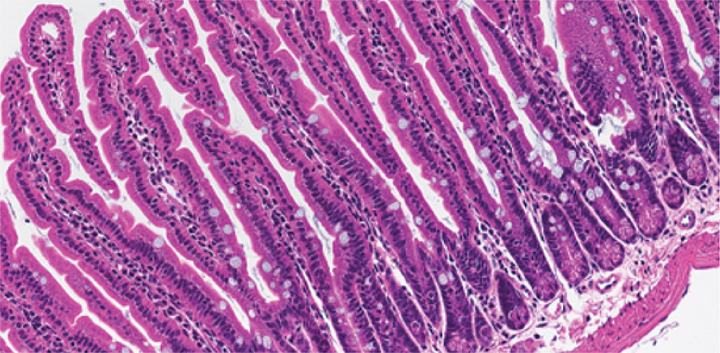Area III: Contributions of peripheral organ signaling to brain function and behavior

Neurological (e.g. Parkinson’s) and psychiatric conditions (e.g. mood disorders, social deficits) are often accompanied with comorbidities in the peripheral organ function suggesting a link between the neuronal and endocrine signaling in the periphery and brain dynamics and behavior. We apply our magnetic approaches and multifunctional devices to uncover the enigmatic brain-body circuits that underly the peripheral influences on high-level functions such as reward, affect, or decision making. For instance, using our microelectronic fibers deployed in the duodenum, we found that optically stimulating vagal afferents in the gut is sufficient to impart a reward phenotype (Nat. Biotech.) previously attributed to dopamine neuron signaling in the brain. Our current projects leverage the neurotechnologies developed in our group in fundamental studies of organ-brain interoception under physiological conditions and in models of Parkinson’s disease, Autism, and affective disorders.